Septic System Inspections and Evaluations: Protect Your Home & Health
Septic system inspections and evaluations are crucial for maintaining your wastewater system. Learn about the process, costs, and benefits.
Owning a septic system comes with the responsibility of regular inspections and evaluations to keep it running smoothly. Neglecting these crucial steps can lead to costly repairs and health hazards. This dives into everything you need to know about septic system inspections and evaluations to ensure your system operates efficiently.
Table of Contents
Key Takeaways
- Septic system inspections are crucial for maintaining the health and functionality of your septic system.
- Regular evaluations can prevent costly repairs and environmental hazards.
- Inspections involve checking the tank, drain field, and other components.
- Knowing the signs of potential issues can help in timely intervention.
Why Septic System Inspections and Evaluations
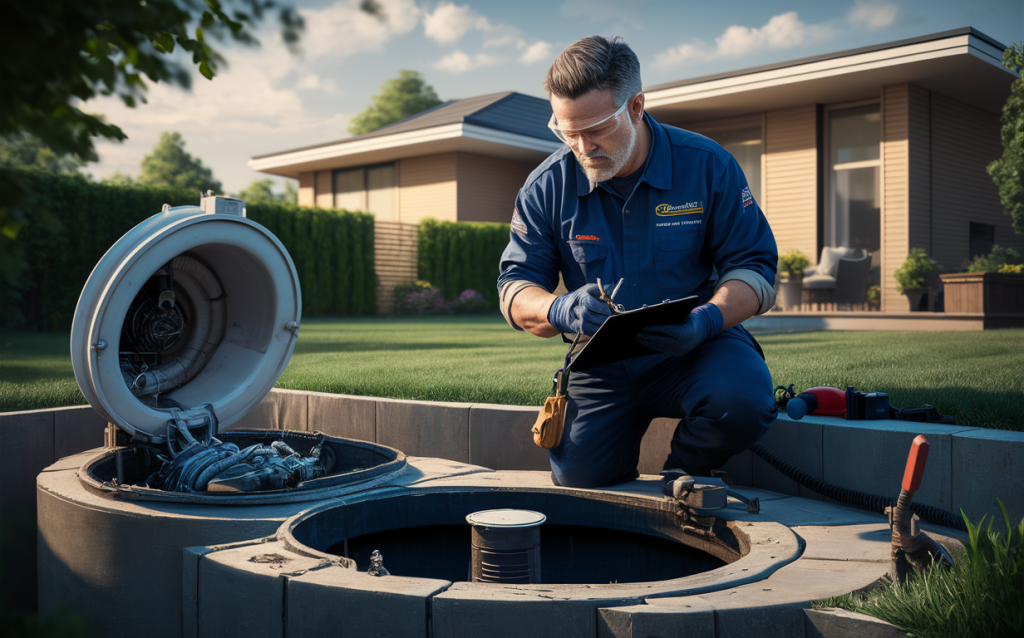
Septic system inspections and evaluations are essential for several reasons. They help identify potential issues before they become major problems, ensure the system complies with local regulations, and extend the lifespan of the system. Ignoring these inspections can lead to system failure, which can be both expensive and hazardous.
Components of septic system inspections and evaluations
- Tank Inspection: This involves checking the septic tank for cracks, leaks, and sludge levels.
- Drain Field Evaluation: Inspectors look for signs of saturation and proper drainage.
- Mechanical Components: Pumps, alarms, and other mechanical parts are checked for functionality.
- System Records: Reviewing past inspection records helps in understanding the system’s history.
The Inspection Process: What to Expect
During a septic system inspection, professionals follow a systematic approach to ensure all components are evaluated. Here’s a step-by-step breakdown:
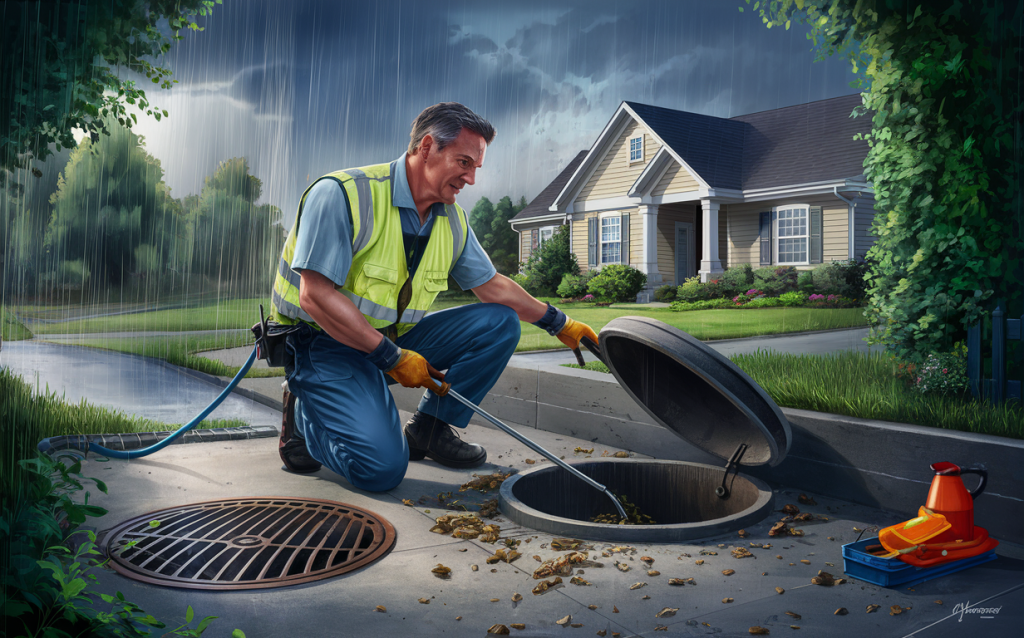
Visual Inspection
Inspectors start with a visual inspection of the area around the septic system. They look for signs of leaks, odors, and lush vegetation, which may indicate a malfunction.
Tank Measurement
The sludge and scum layers in the tank are measured to determine if pumping is needed. A long, calibrated rod is often used for this purpose.
Structural Check
The septic tank is opened to inspect the interior for cracks, corrosion, or any structural damage. The baffles and tees are also checked to ensure they are intact.
Drain Field Examination
The drain field is inspected for signs of failure, such as pooling water or strong odors. Soil tests may also be conducted to assess permeability.
Common Issues Found During Inspections
Understanding the common issues that can be detected during a septic system inspection can help you take preventive measures.
Cracked or Deteriorated Tank
A cracked tank can lead to leaks and groundwater contamination. Inspectors will look for any signs of structural failure.
Blocked Inlet or Outlet
Blockages can cause system backups. Inspectors will check for any obstructions in the inlet and outlet pipes.
Drain Field Problems
Signs of drain field issues include slow-draining fixtures and wet spots in the yard. Inspectors will assess the condition of the drain field to ensure it is functioning correctly.
Benefits of Regular Septic system inspections and evaluations
Regular evaluations offer numerous benefits, including extended system life, cost savings, and environmental protection.
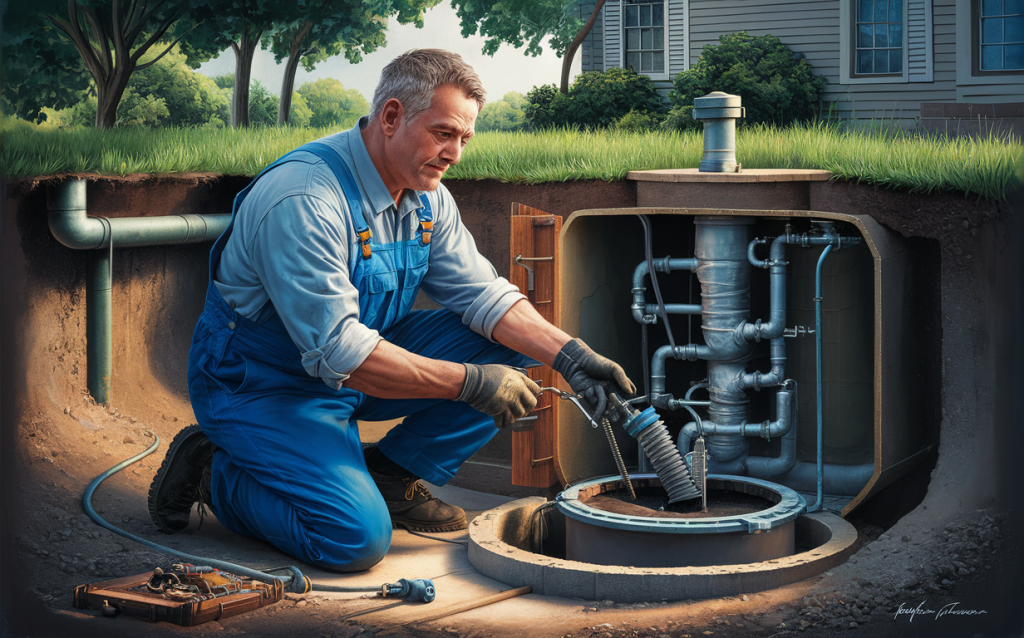
Extended System Lifespan
Routine inspections and maintenance can significantly extend the life of your septic system by preventing severe damage.
Cost Savings
Early detection of issues can save you from costly repairs or even system replacement. Regular maintenance is a small investment compared to the high cost of major repairs.
Environmental Protection
A well-maintained septic system prevents contaminants from entering the groundwater, protecting the environment and public health.
DIY vs. Professional Inspections: Which is Better?
While some homeowners may consider DIY inspections, professional inspections are generally recommended for accuracy and thoroughness.
DIY Inspections
DIY inspections can help you identify obvious issues like leaks or odors. However, they often miss hidden problems that require professional expertise.
Professional Inspections
Professional inspectors have the tools and knowledge to conduct a comprehensive evaluation. They can identify subtle issues and provide expert advice on maintenance and repairs.
Frequency of Septic system inspections and evaluations
How often should you have your septic system inspected? The answer depends on several factors, including the age of the system, household size, and local regulations.

Recommended Frequency
Most experts recommend having your septic system inspected every 3 to 5 years. However, systems with higher usage or known issues may require more frequent inspections.
Local Regulations
Some areas have specific regulations requiring periodic septic system inspections. Check with your local health department for any mandated inspection schedules.
Cost of Septic System Inspections
The cost of a septic system inspection can vary based on several factors, including the complexity of the system and location.
Average Costs
On average, a septic system inspection can cost between $300 and $600. This cost can be higher for larger or more complex systems.
Factors Affecting Cost
- System Size: Larger systems may require more time and effort to inspect.
- Location: Inspection costs can vary based on regional pricing.
- Inspection Type: Comprehensive inspections that include soil testing or camera inspections may cost more.
Average Costs of Septic System Inspections by Region
| Region | Average Cost ($) |
|---|---|
| Northeast | 400 – 600 |
| Midwest | 300 – 500 |
| South | 350 – 550 |
| West | 450 – 650 |
Signs Your Septic System Needs an Inspection
Knowing when your septic system needs an inspection can prevent minor issues from becoming major problems.
Slow Drains
If your sinks, showers, or toilets are draining slowly, it may indicate a problem with your septic system.
Unpleasant Odors
Foul odors around your septic tank or drain field can signal a malfunction that needs immediate attention.
Pooling Water
Unexplained wet spots in your yard, especially around the drain field, can indicate system failure.
Lush Vegetation
While a green lawn is desirable, unusually lush vegetation around the septic system can indicate a leak.
How to Choose a Professional Inspector
Choosing the right professional inspector is crucial for an accurate evaluation.
Credentials
Ensure the inspector is licensed and certified to perform septic system inspections in your area.
Experience
Look for inspectors with several years of experience and positive reviews from previous clients.
Services Offered
Some inspectors offer additional services like soil testing or camera inspections. Choose one that provides comprehensive evaluations.
Checklist for Choosing a Septic System Inspector
| Criteria | Requirement |
|---|---|
| Licensing | Valid state or local license |
| Certification | Certification from a recognized industry organization |
| Experience | Minimum of 5 years in the field |
| Reviews | Positive feedback from previous clients |
| Additional Services | Offers comprehensive inspection services |
Maintaining Your Septic System Post-Inspection
After an inspection, follow these maintenance tips to keep your septic system in top shape.
Regular Pumping
Schedule regular pumping based on the inspector’s recommendations to prevent sludge buildup.
Water Conservation
Reduce water usage to prevent overloading the system. Fix leaks and install water-efficient fixtures.
Proper Waste Disposal
Avoid flushing non-degradable items like wipes or feminine hygiene products. Use the garbage disposal sparingly.
Facts About Septic System Inspections For Home And Health
- Importance of Septic System Inspections: Septic system inspections are essential for maintaining the health of your home and family. Regular inspections help identify potential problems before they become serious and costly.
- Frequency of Inspections: The Environmental Protection Agency (EPA) recommends septic system inspections every three years.
- What Happens During an Inspection: During an inspection, a septic system professional will inspect the various components of the system, including the tank, pumps, and drainfield, to ensure they are functioning properly.
- Benefits of Regular Inspections: Regular inspections can help prevent costly repairs, extend the life of your septic system, and protect the environment by ensuring proper wastewater treatment.
- Signs of a Failing Septic System: If you notice signs of a failing septic system, such as slow drains, gurgling pipes, or foul odors, it’s important to schedule an inspection as soon as possible.
- Preparing for an Inspection: Before an inspection, make sure the septic tank is at least half full of wastewater. This allows the professional to properly assess the system.
Maintenance Tips for Septic Systems
- Schedule regular pumping
- Conserve water
- Proper waste disposal
- Avoid using harsh chemicals
- Inspect for leaks regularly
Key Takeaway
Regular septic system inspections and evaluations are essential for maintaining a healthy and efficient system. By understanding the inspection process, recognizing common issues, and following maintenance tips, you can ensure your septic system serves you well for years to come.
Texway Wastewater Services for Your Septic System Inspections and Evaluation Needs
If you’re in Johnson County, Texas, and need professional septic system inspections, Texway Wastewater Services is here to help. With years of experience and a dedicated team, we offer comprehensive inspections and maintenance services. Contact us today to schedule your inspection and keep your septic system in optimal condition.
For more information, call US or visit our website at Texway Wastewater Services.



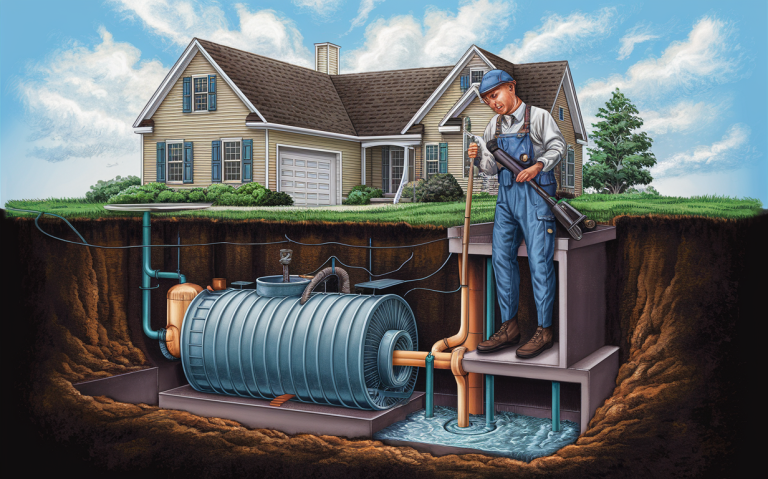


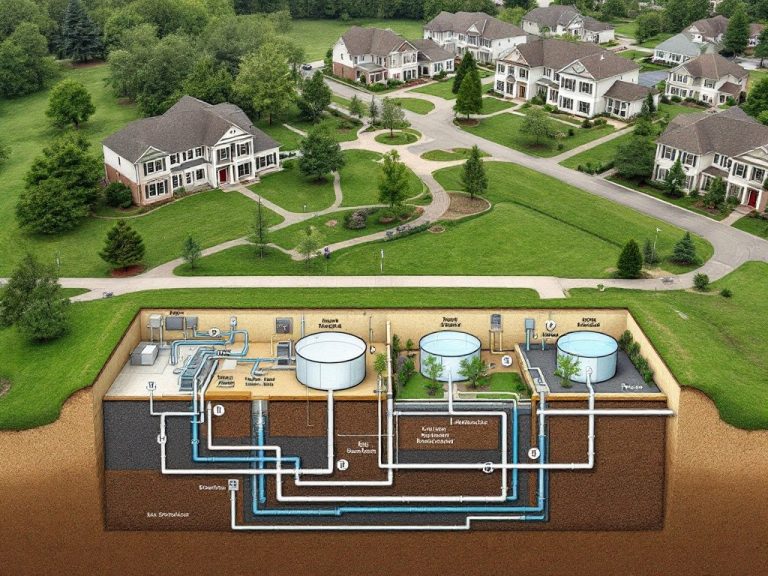
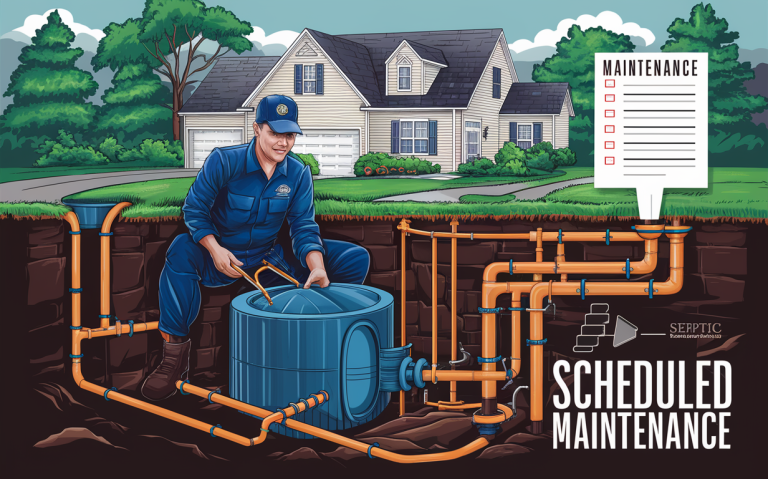
 Texway Wastewater Services is a septic, wastewater, and excavation company based out of Burleson, Texas and serving the surrounding areas. We specialize in
Texway Wastewater Services is a septic, wastewater, and excavation company based out of Burleson, Texas and serving the surrounding areas. We specialize in